A Renewed Examination of the Profound Impact Made by Black Artists in Country Music

Credit: Keimon McCleary
Country music is celebrated for its storytelling and emotive melodies. It carries within its chords a rich and multifaceted history deeply influenced by the contributions of Black musicians. Beyoncé’s recent exploration of country music has reignited interest in the genre’s diverse roots, prompting a renewed examination of the profound impact made by Black artists.
The origins of country music are deeply rooted in a complex system of cultural influences, with African rhythms and melodies serving as foundational elements. Enslaved Africans brought with them a rich foundation of musical traditions, including the banjo a versatile instrument that would come to symbolize the essence of country music’s early sound. Their spirituals, work songs, and field hollers infused the genre with raw emotion and authenticity, laying the groundwork for the narrative-driven storytelling tradition that defines country music today.
As early as the 17th century, during the transatlantic slave trade, African musical traditions began to meld with European folk melodies, giving rise to a distinct musical landscape in the American South. Enslaved Africans brought with them a wealth of musical knowledge, including rhythmic complexities, call-and-response patterns, and improvisational techniques, which profoundly influenced the development of American music as a whole. The banjo, in particular, emerged as a symbol of cultural exchange, blending African and European musical influences to create a distinctively American sound. Originally crafted from gourds and animal skins by enslaved Africans, the banjo evolved into a staple instrument of country music, its twangy melodies and driving rhythms serving as the backbone of countless songs and performances.
Pioneers and Pathfinders
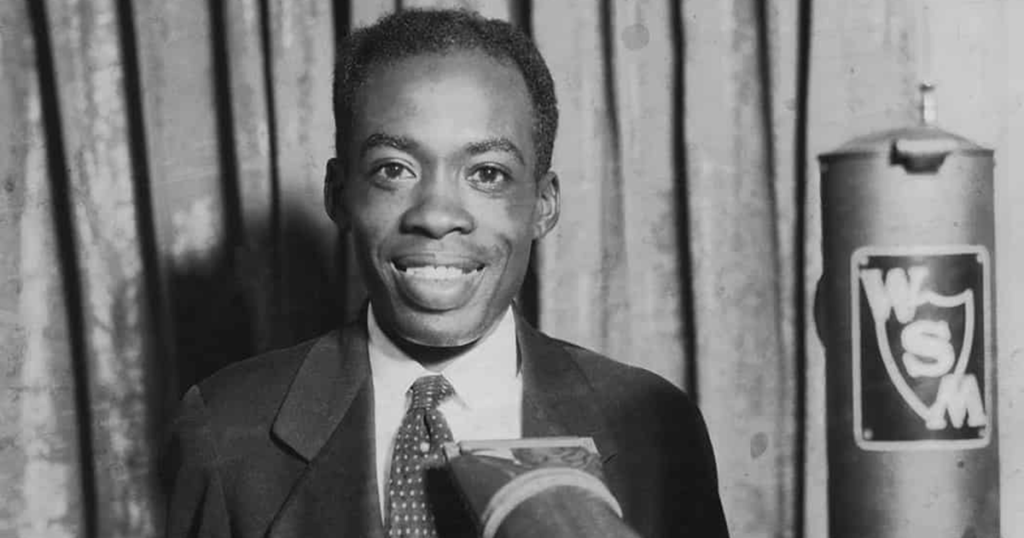
DeFord Bailey (Credit: David C. Morton)
In the early 20th century, against the backdrop of segregation and racial tension, Black musicians played a pivotal role in shaping the early beginnings of the country music scene. DeFord Bailey, revered as the ‘Harmonica Wizard,’ captivated audiences with his virtuosic performances on the Grand Ole Opry stage, breaking down barriers and paving the way for future generations of Black artists. His innovative playing style and soulful renditions of traditional tunes earned him recognition as a trailblazer in country music history.
The Grand Ole Opry stage is symbolic on its own. Located in Nashville, Tennessee, it’s a historic venue that has served as a cornerstone of country music since its inception in 1925. It is renowned for showcasing both established and up-and-coming country music artists, providing a platform for live performances that have captivated audiences for nearly a century.
Similarly to DeFord Bailey, Arnold Shultz’s mastery of the guitar left an undeniable mark on bluegrass music, influencing the genre’s distinctive sound and inspiring countless musicians to follow in his footsteps. Despite facing racial discrimination and systemic barriers, these pioneering musicians persevered, carving out spaces for themselves in a predominantly white industry and paving the way for future generations of Black artists. Their contributions laid the foundation for the diverse and vibrant tapestry of country music that we know today.
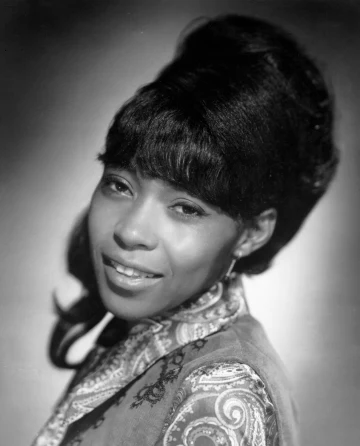
Linda Martell (Credit: Michael Ochs)
The 1960s marked a watershed moment in country music history with the emergence of Charley Pride, whose groundbreaking career shattered racial barriers and challenged stereotypes. Despite facing discrimination and skepticism, Pride’s velvety baritone voice and poignant storytelling resonated with audiences, propelling him to stardom and earning him numerous chart-topping hits and prestigious awards. His success not only paved the way for other Black artists to break into the mainstream country music scene but also left an indelible mark on the genre’s identity.
Similarly, Ray Charles’s genre-defying album Modern Sounds in Country and Western Music pushed the boundaries of musical expression, blending elements of country, soul, and R&B to create a body of work that continues to influence artists across genres and generations. In addition, there are countless other Black artists whose contributions to country music deserve recognition.
Artists like Linda Martell, the first Black woman to perform at the Grand Ole Opry, and Cowboy Troy, a trailblazer in the realm of country rap, have made significant contributions to the genre, expanding its boundaries and challenging conventional notions of what country music can be. By shining a spotlight on these lesser-known figures, we can paint a more complete and inclusive picture of country music’s history and evolution.
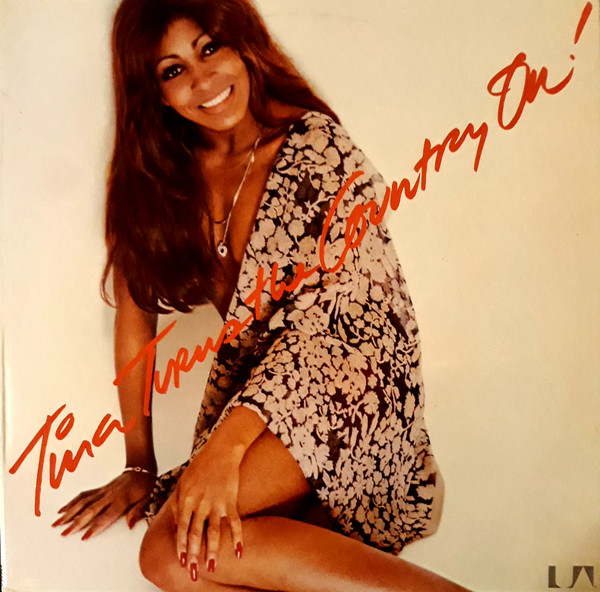
Tina Turner is another icon who helped shape country music. Known for her electrifying performances and powerful voice, she made a notable contribution to country music with her iconic 1974 album, Tina Turns the Country On! While Turner was primarily recognized as a rock and soul artist, this venture into country showcased her versatility and musical range. The album featured covers of classic country songs, including “Help Me Make It Through the Night” and “Funny How Time Slips Away,” which highlighted Turner’s soulful interpretations and cemented her status as a cross-genre sensation.
Despite being a departure from her signature sound Tina Turns the Country On! demonstrated Turner’s ability to captivate audiences with her dynamic presence and undeniable talent, leaving a lasting impact on the country music landscape. Tina Turner stands as one of Beyoncé’s greatest inspirations, shaping her artistry and empowering performances.
Beyoncé paid homage to Tina Turner’s iconic legacy by performing her hit song, “River Deep/Mountain High,” during her Renaissance world tour, honoring the late artist’s enduring influence on her career.
The Evolution of Country Music
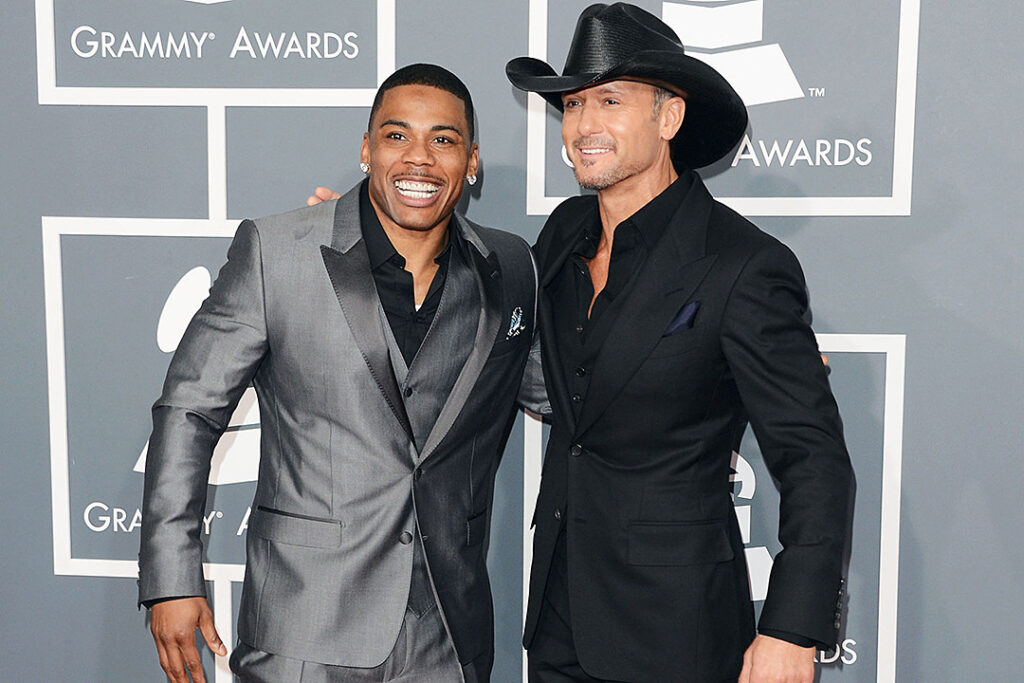
Nelly & Tim McGraw (Credit: Jason Merritt)
As country music evolved over the decades, so too did the role of Black artists within the genre. Throughout the 1990s and early 2000s, artists like Darius Rucker and Kane Brown further challenged stereotypes and expanded the genre’s reach. Rucker, best known as the lead singer of Hootie & the Blowfish, made a successful transition to country music in the late 2000s, becoming one of the genre’s most recognizable voices. Similarly, Kane Brown’s rise to fame as a biracial country artist has defied expectations and opened doors for other artists of color in the genre.
Beyond mainstream country music, Black artists have also made their mark in various subgenres of the genre. Artists like Cowboy Troy and Nelly have incorporated elements of hip-hop and rap into their music. Nelly specifically played a pivotal role in popularizing the fusion of country music and hip-hop with his groundbreaking collaboration with Tim McGraw on the song “Over and Over” in 2004. By seamlessly blending elements of both genres, Nelly broke down barriers and expanded the boundaries of country music, paving the way for future artists to explore diverse musical styles and connect with audiences across genres.
Similarly, artists like Valerie June and Yola have explored Americana and folk music, drawing inspiration from traditional roots music while infusing it with their contemporary sensibilities. In recent years, there has been a growing trend of collaborations between Black and white artists in the country music industry. Artists like Willie Jones, Breland, and Blanco Brown have forged partnerships with mainstream country artists, bridging the gap between genres and fostering a spirit of inclusivity and collaboration. These collaborations not only showcase the diversity of country music but also highlight the shared experiences and common humanity that unite us all.
The contributions of Black artists to the genre of country music are vast, varied, and enduring. From the earliest days of its development to the present day, Black musicians have played a crucial role in shaping the sound, identity, and narrative of country music, enriching it with their creativity, talent, and resilience. As we continue to explore the multifaceted tapestry of country music’s history and evolution, let us honor and celebrate the diverse voices and contributions of Black artists, ensuring that their legacies endure for generations to come. By embracing inclusivity and diversity, we can ensure that country music remains a vibrant and inclusive expression of the American experience, resonating with audiences far and wide for years to come.
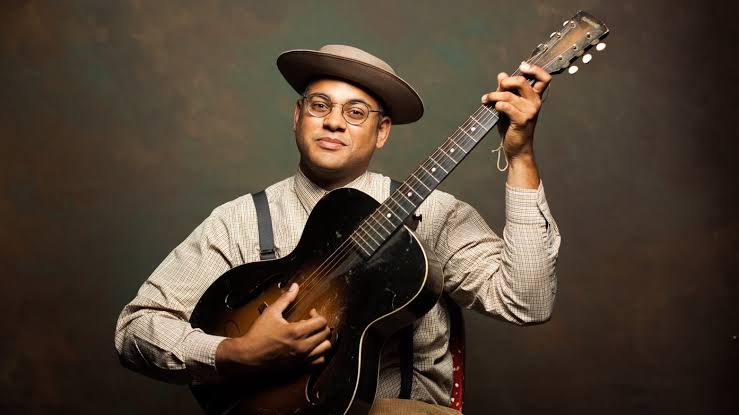
Dom Flemons (Credit: Timothy Duffy)
In the modern era, we also see how Black artists continue to shape the landscape of country music, infusing the genre with their unique perspectives and experiences. Rhiannon Giddens, a Grammy-winning musician and historian, explores the intersection of country, folk, and African American musical traditions in her work. Her haunting vocals and virtuosic instrumentals pay homage to the genre’s diverse roots while challenging contemporary norms and expectations.
Similarly, Dom Flemons, known as the ‘American Songster,’ celebrates the rich heritage of American music through his eclectic blend of blues, folk, and country. His innovative approach to songwriting and performance serves as a testament to the enduring legacy of Black musicians in country music, bridging past and present, and inspiring future generations to carry the torch forward.
In addition to their contributions as performers, Black artists have also made significant contributions to country music as songwriters and producers. Songwriters like Jimmie Allen, Mickey Guyton, and Rhiannon Giddens have penned hits for some of country music’s biggest stars, infusing their songs with their own unique perspectives and experiences. Similarly, producers like Dan Huff, who has worked with artists like Keith Urban and Carrie Underwood, have played a crucial role in shaping the sound of modern country music.
Beyoncé’s recent venture into country music has catalyzed a shift in the industry, creating a platform that amplifies the voices of Black artists like Tanner Adell. With Beyoncé’s immense platform and influence, her exploration of country music has opened doors to expose the general public to modern Black artists who might otherwise remain overlooked. Her appeal broadens the audience’s horizons and fosters greater recognition of the talent and contributions of Black musicians to the country music genre today.
Tanner Adell, a modern country musician, represents the emerging wave of diversity in country music, captivating audiences and reshaping the genre’s narrative. Her song “Buckle Bunny” even skyrocketed to viral fame on TikTok, particularly gaining traction following Beyoncé’s foray into country music.
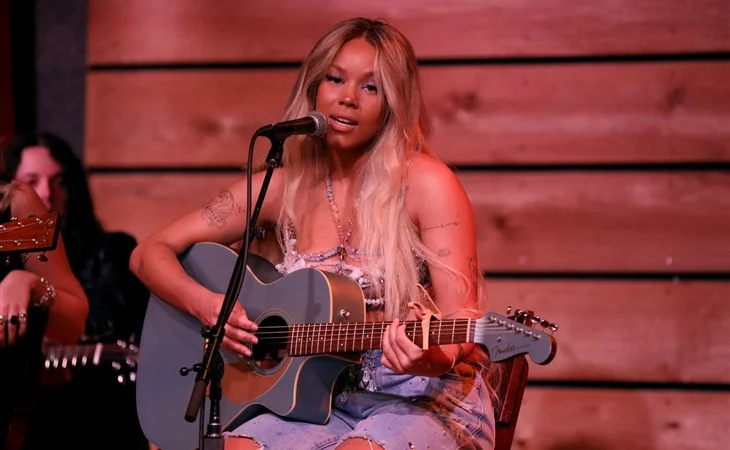
Tanner Adell (Credit: Danielle Del Valle)
Confronting Challenges and Celebrating Legacies
Despite their significant contributions, Black artists in country music have often faced systemic barriers and challenges, including cultural appropriation and erasure. The case of The Carter Family, a white family who appropriated songs from people of color, underscores the need for greater recognition and respect for Black voices in the genre. The Carter Family’s infamous legacy in country music is also seen as the inspiration for Beyoncé’s country music album title.
Black musicians played a foundational role in pioneering the country music genre; their contributions shaped the very essence of country music. However, despite their significant influence, Black musicians are often overlooked and excluded from the narrative surrounding the genre they helped create. This historical omission reflects broader patterns of systemic racism within the music industry, where Black artists have been marginalized and their achievements downplayed.
It’s crucial to acknowledge and celebrate the vital role that Black musicians have played in shaping country music, reclaiming their rightful place in its rich history. Initiatives like the Black Opry and the National Museum of African American Music strive to amplify the voices of Black musicians and ensure that their legacies are honored and preserved for future generations. By providing platforms for Black artists to showcase their talents and reclaim their musical heritage, these initiatives are working to create a more inclusive and equitable future for country music.
In addition to individual artists, institutions and organizations within the country music industry have also played a crucial role in promoting diversity and inclusion. The CMA (Country Music Association), for example, has made efforts to increase representation and visibility for Black artists through initiatives like the CMA Foundation’s Music Education for Black Lives Fund. Similarly, organizations like the Black Opry and the National Museum of African American Music serve as platforms for Black artists to showcase their talents and connect with audiences.
The legacy of Black artists in country music extends far beyond their individual contributions. Their influence can be heard in the rhythms, melodies, and storytelling traditions that define the genre, as well as in the diverse voices and perspectives that continue to shape its evolution. Country music has traversed a remarkable journey from its origins rooted in the musical traditions of African slaves to its evolution into a global phenomenon in modern times.
What began as a fusion of African rhythms and European folk melodies has blossomed into a diverse and dynamic genre that reflects the rich history of American culture. Despite its complex history, country music continues to evolve, embracing new influences and perspectives while honoring its roots, serving as a testament to the enduring power of music to transcend boundaries and unite people from all walks of life. By celebrating their legacy and honoring their contributions, we not only pay tribute to their talent and resilience but also ensure that their stories are preserved for future generations to learn from and be inspired by.
As we look to the future of country music, it is essential that we continue to uplift and amplify the voices of Black artists. By creating more opportunities for representation and inclusion within the industry, we can foster a more diverse and vibrant country music community that reflects the rich tapestry of American culture. This includes supporting initiatives that provide resources and support to emerging Black artists and advocating for greater recognition of their contributions within mainstream country music institutions and media outlets.

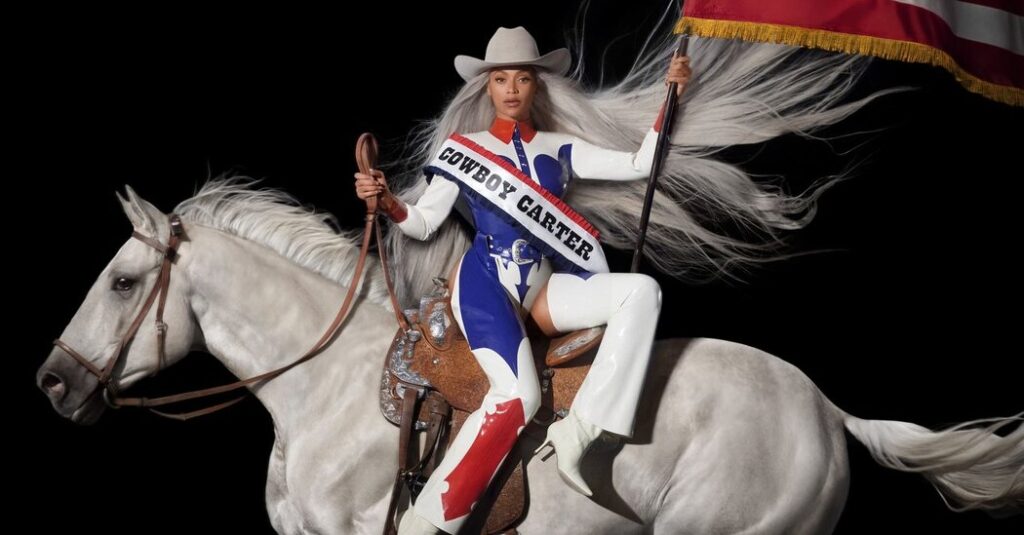


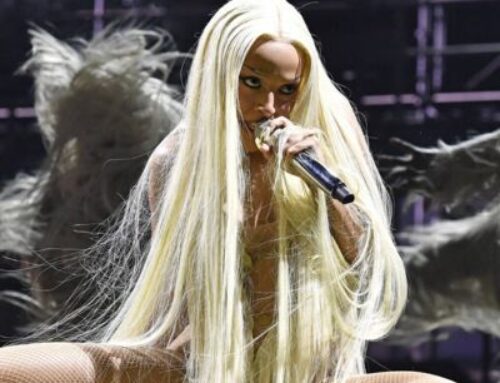


Leave a comment